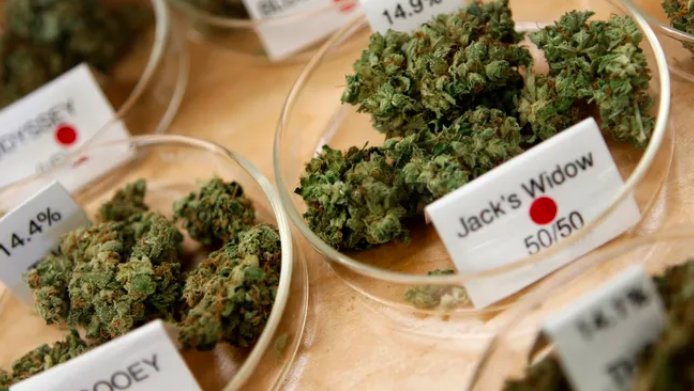Delaware is set to open its online application window for recreational marijuana business licenses on August 19, 2024. The state will accept applications until September 30, 2024, marking a significant step in the legalization and regulation of cannabis businesses. The Office of the Marijuana Commissioner will oversee the application process, which includes a lottery system for license distribution. This development is expected to attract a wide range of applicants, from cultivation and manufacturing facilities to retail stores and testing labs.
Application Process and Requirements
Starting August 19, those interested in entering Delaware’s recreational marijuana market can submit their applications. The application process is designed to be thorough, requiring detailed business plans, safety and security measures, and operational strategies. Applicants must also provide financial statements and a comprehensive budget. The goal is to ensure that only well-prepared and compliant businesses receive licenses.
The Office of the Marijuana Commissioner will manage the application process, including a lottery system to distribute licenses. This approach aims to create a fair and transparent selection process. There are 125 licenses available, divided among cultivation, manufacturing, retail, and testing facilities. Additionally, a portion of the licenses is reserved for social equity applicants, ensuring that those disproportionately affected by past marijuana laws have an opportunity to participate in the industry.

Applicants have until September 30 to submit their paperwork. After this deadline, the Office of the Marijuana Commissioner will review the applications and conduct the lottery in late October. Successful applicants will receive their licenses starting in November, with the first businesses expected to open by early 2025. This timeline provides a clear path for entrepreneurs looking to enter the cannabis market in Delaware.
Social Equity and Microbusiness Opportunities
Delaware’s cannabis licensing process includes provisions for social equity and microbusiness applicants. Social equity licenses are available to individuals who have been disproportionately impacted by previous marijuana laws. This includes those who have been arrested for marijuana-related offenses or have lived in areas heavily affected by such laws. The goal is to provide opportunities for these individuals to participate in the legal cannabis market.
Microbusiness licenses are another key component of Delaware’s cannabis program. These licenses are designed for smaller operations, allowing entrepreneurs to enter the market with lower capital requirements. Microbusinesses can apply for cultivation, manufacturing, retail, or testing licenses, providing a range of opportunities for small-scale operators. This approach aims to foster diversity and innovation within the cannabis industry.
The inclusion of social equity and microbusiness licenses reflects Delaware’s commitment to creating an inclusive and equitable cannabis market. By providing opportunities for those historically marginalized by marijuana laws, the state hopes to build a more diverse and representative industry. This focus on equity and inclusion sets Delaware apart from other states and could serve as a model for future cannabis legislation.
Future Implications for Delaware’s Cannabis Industry
The opening of the application window marks a significant milestone for Delaware’s cannabis industry. As the state moves forward with its licensing process, the impact on the local economy and community will be closely watched. The introduction of legal cannabis businesses is expected to create jobs, generate tax revenue, and provide new opportunities for entrepreneurs.
The success of Delaware’s cannabis program could also influence other states considering similar legislation. By implementing a fair and transparent licensing process, Delaware aims to set a high standard for cannabis regulation. The inclusion of social equity and microbusiness licenses further demonstrates the state’s commitment to creating an inclusive industry. These elements could serve as a blueprint for other states looking to legalize and regulate cannabis.
As Delaware’s cannabis market develops, ongoing monitoring and evaluation will be essential. The state will need to address any challenges that arise and make adjustments as necessary. This adaptive approach will help ensure the long-term success and sustainability of the cannabis industry in Delaware. Stakeholders, including policymakers, business owners, and community members, will play a crucial role in shaping the future of this emerging market.



